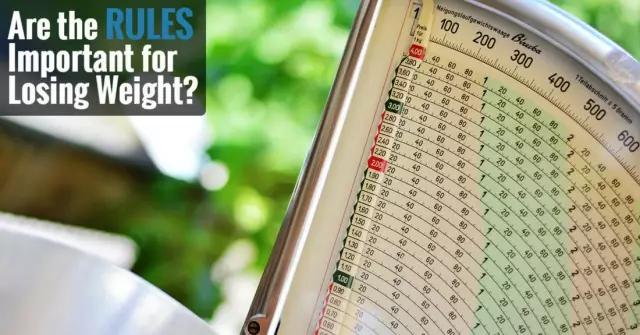- Author Rachel Wainwright wainwright@abchealthonline.com.
- Public 2023-12-15 07:39.
- Last modified 2025-11-02 20:14.
Calorie content of mackerel

The second name for mackerel is mackerel. Most people consider this fish to be fatty varieties, and therefore consider it not very useful. Naturally, the calorie content of mackerel is quite high, because and its fat content is large. But above all, this fish is of great benefit to humans.
Mackerel fat is processed by the human body much faster than animal fat. In addition, it contains a large amount of polyunsaturated fatty acids necessary for general well-being, health and beauty of our skin, mucous membranes, joints, blood vessels and hair. Therefore, to refuse to include this fish in your diet is at least reckless.
Composition and calorie content of mackerel
Mackerel is a fatty fish. 100 g contains from 13 to 30 g of fat; water 68 g; proteins -18g, unsaturated fatty acids -70g
Mackerel meat, as well as all other species of sea food fish, is rich in vitamins, macro and microelements. This fish can be safely called a wonderful multivitamin complex, presented to us by nature itself. Mackerel meat contains vitamins of group B,, A, C, D, H, PP, K. In addition to high calorie content, mackerel is rich in macro- and microelements necessary for the normal functioning of the human body:
- Phosphorus;
- Potassium;
- Calcium;
- Magnesium;
- Sodium;
- Iron;
- Iodine;
- Zinc;
- Fluorine;
- Copper;
- Manganese;
- Cobalt, chrome, nickel, mobile.
Only 300.0 grams of mackerel fillets are able to fully provide an adult with a daily requirement of phosphorus. And 400.0 grams of meat of this fish 100% cover the need for such a necessary chemical element for us as potassium.
How many calories are in mackerel?
Various factors affect the chemical composition of mackerel: age, place where it was caught, time, etc. Fish caught in northern latitudes are very fatty. Sometimes the fat content in it reaches 30%. Therefore, the calorie content of mackerel in this case will be very high. And in other cases, its fat content is two times lower, therefore, mackerel will contain less calories.
The calorie content of Atlantic mackerel medium fat per 100 g is approximately 200 kcal. The calorie content of mackerel can vary in one direction or another by an average of 50 kcal. This is primarily affected by its fat content.
Useful properties of mackerel
Unfortunately, in the cuisine of our country and in the vastness of most other CIS countries, mackerel is not particularly widespread. As can be seen from its composition, it is rich in vitamins, microelements and such unsaturated fatty acids useful for the human body. Moreover, the content of nutrients in it is quite high, but the calorie content of mackerel is also not small due to its high fat content.
There is no need to tell anyone about the benefits of fish oil. Mackerel is a natural source. Moreover, when eating the meat of this fish, such an unpleasant taste of fish oil, which many have remembered since childhood, is absolutely not felt. Fish oil protects cells from the penetration of free radicals, and also strengthens cell membranes. All this is an excellent prevention of various cancers.

Fish is recommended not only for adults, but also for children, despite the high calorie content of mackerel. In the CIS countries, they are mainly used to eating salted or smoked mackerel, but this is not very useful.
There are a lot of recipes for making mackerel. For children, you can put it out. One of the advantages of this fish is the absence of small bones in its meat. It perfectly provides the body with phosphorus, calcium, iodine, fat-soluble vitamins and polyunsaturated fatty acids.
So how many calories are in mackerel? The answer to this question will depend not only on its fat content, but also on the method of preparation. The more oil is used in cooking, the more calorie content of mackerel will be.
Salted and smoked mackerel is not recommended for people with diseases of the gastrointestinal tract, kidneys and cardiovascular system. Especially fatty varieties, regardless of the preparation method, should be excluded from the diet of people with liver and biliary tract diseases. And, of course, because of the high calorie content, mackerel should not be included in the menu of obese people. In other cases, there are no contraindications for its use.
Found a mistake in the text? Select it and press Ctrl + Enter.






